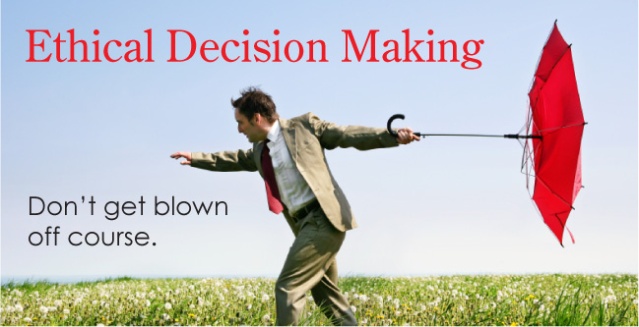Blog 5
At this stage in your studies of business and leadership, what is your
vision of leadership? And how ready are you to lead others?
The changing nature of business environment there are so many interpretations of leadership. In simple words it can be influencing others to do the work willingly. Leadership is a “relationship through which one person influences the behaviour or actions of other people” (Mullins 2010:373). A leader leads, influences, and motivates his co-workers. It can be exercised being in a position or because of your idea or just because of the wisdom you have.
During the preparation of the leadership blogs, I have taken that, leaders need to have the ability to manage teams and diverse teams in today’s complex work scenario. A leader must have the ability to help the co-workers through the change process, be charismatic, facilitate innovation process and also have ethical leadership behaviour. There are so many roles a leader needs to play. Different leadership style suggest different ways to leading but in my understanding every individual is unique and cannot be lead or influenced in the same way as others.
My vision of leadership is influenced by Richard Branson. He is the most charismatic entrepreneur today (Butler 2010). He has over 400 companies under his Virgin group. He has lead innovatation and influenced his people to work harder. He believes in putting his people first, customers second and investors third, and in the end everyone will be will (Inc n.d).
Over the course of my studies I have realized that a leader needs to clearly articulate to his team what they what they are doing and why they are doing it. Effective leadership is a two way process that, leadership is linked to motivating the staff, communicating to them clearly, it is effective team-building (Mullins 2010). To be able to do this a leader must have good communication skills. While working in teams as a team member and a leader on several occasions I have understood the importance of delegating the work. Trusting your team with your ideas is indeed important and a sign or strength. My vision of leadership is being able to communicate and listen effectively.
Reference list:
Butler, R. W. (2010). 1 0 Richard Branson. Giants of Tourism, 136.
Inc.com (n.d) Richard Branson on Leadership [online] available from < http://www.inc.com/branson-upclose/on-leadership.html>
Kark, R. (2011). ‘Games Managers Play: Play as a Form of Leadership Development’ : Academy of Management Learning & Education, 10(3): 507-527.
Mullins, J. (2010) Management and Organizational Behaviour 9th edition Prentice Hall
